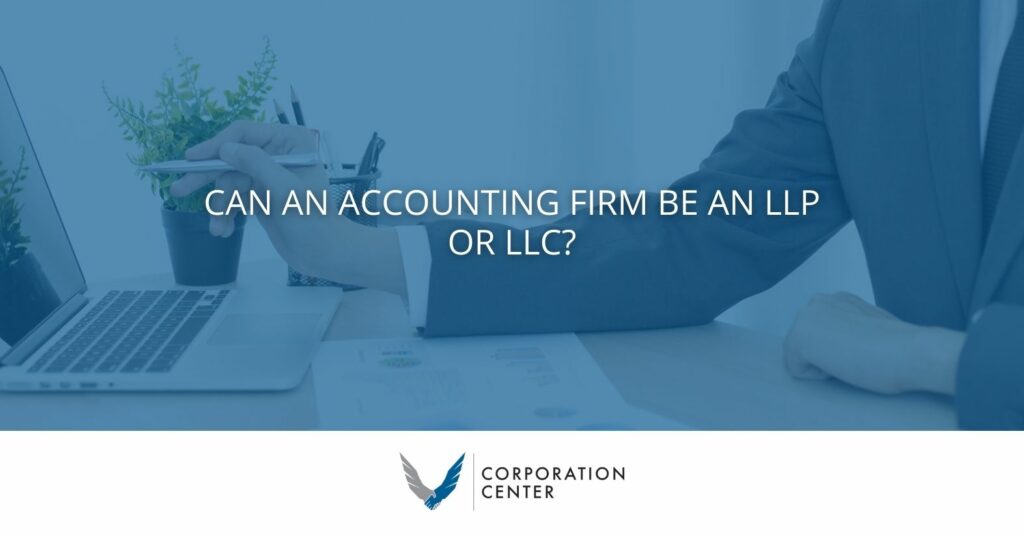When it comes to setting up an accounting firm, choosing the right legal structure is crucial. One of the main considerations is whether to opt for a Limited Liability Partnership (LLP) or a Limited Liability Company (LLC). Both of these structures offer various advantages, but which one is best suited for an accounting firm? In this blog post, we’ll explore the differences between LLP and LLC and help you decide. So you figure with our help: can an accounting firm be LLP or LLC?
Limited Liability Partnership (LLP)
An LLP is a type of partnership where some or all partners have limited liability. This means that if the business incurs debts or legal action, each partner is only liable for the amount they invested in the business, rather than the total amount owed. This structure is especially useful if your accounting firm has more than one partner and you want to ensure each partner’s individual assets aren’t put at risk. LLPs are required to have at least two partners, and they must register with the state.
Limited Liability Company (LLC)
An LLC is a type of business structure that combines the liability protection of a corporation with the tax benefits of a partnership. An LLC has separate legal and tax entities from its owners, meaning that all debts and legal action are the responsibility of the business, rather than the individual owners. LLCs offer great flexibility in terms of management structure, and they can be taxed as a partnership, a corporation, or even as a disregarded entity.
Which One is Best for an Accounting Firm?
When it comes to the original question, can an Accounting Firm Be an LLP or LLC, both LLPs, and LLCs are popular choices? LLPs are a good option for firms that have two or more partners, as they provide individual liability protection, and are not taxed as a separate entity. On the other hand, LLCs are more flexible and can be taxed as a partnership, corporation, or sole proprietorship. They are also great for single-member firms.
Other Considerations
Apart from LLPs and LLCs, other legal structures to consider include sole proprietorships and general partnerships. Sole proprietorships are the simplest to set up, but they offer no liability protection, meaning that the owner’s personal assets are at risk. General partnerships require two or more people to co-own and operate the business, but they offer no liability protection. When deciding the legal structure of your accounting firm, make sure to consider all the options carefully and choose the one that best suits your needs.
Choosing the right legal structure for your accounting firm is an essential step in creating a successful business. While both LLPs and LLCs offer limited liability protection and other benefits, it’s vital to weigh the differences carefully and consider other factors such as taxation and management. Ultimately, the decision will come down to your specific business needs, and you should consult with a legal professional before making any final decisions. With careful consideration, you’ll be able to choose the structure that best fits your accounting firm and helps it thrive for years to come.
Can an Accounting Firm Be an LLP or LLC?
In conclusion, both LLPs and LLCs are great options for accounting firms looking for limited liability protection and flexible management structures. While there are pros and cons to each structure, it’s essential to choose the one that best suits your needs. At the end of the day, consulting with a legal professional and carefully weighing all the options is the best way to ensure that your accounting firm is set up for success.






